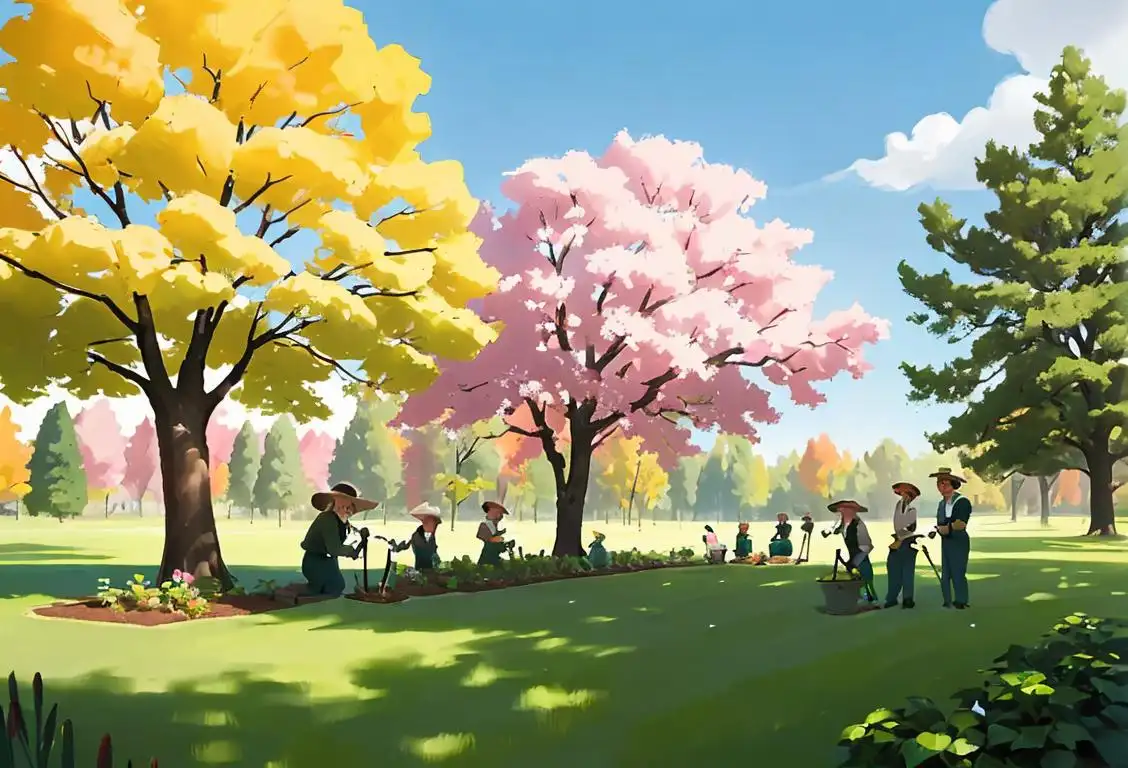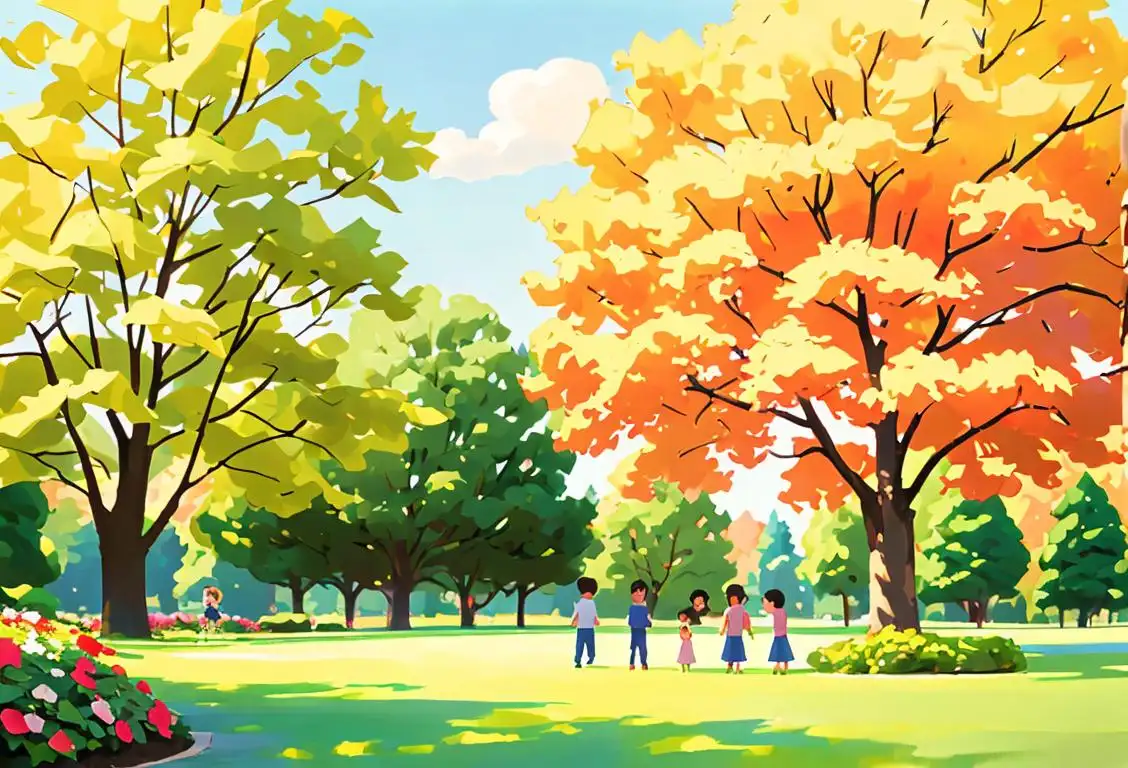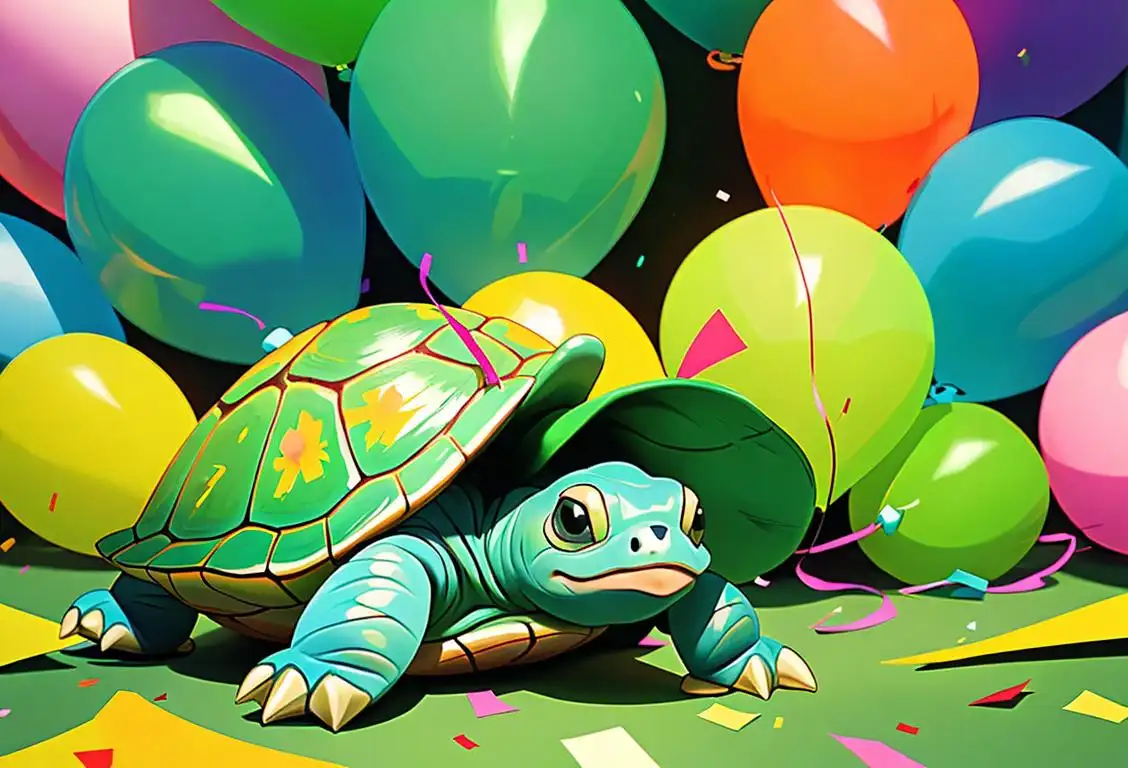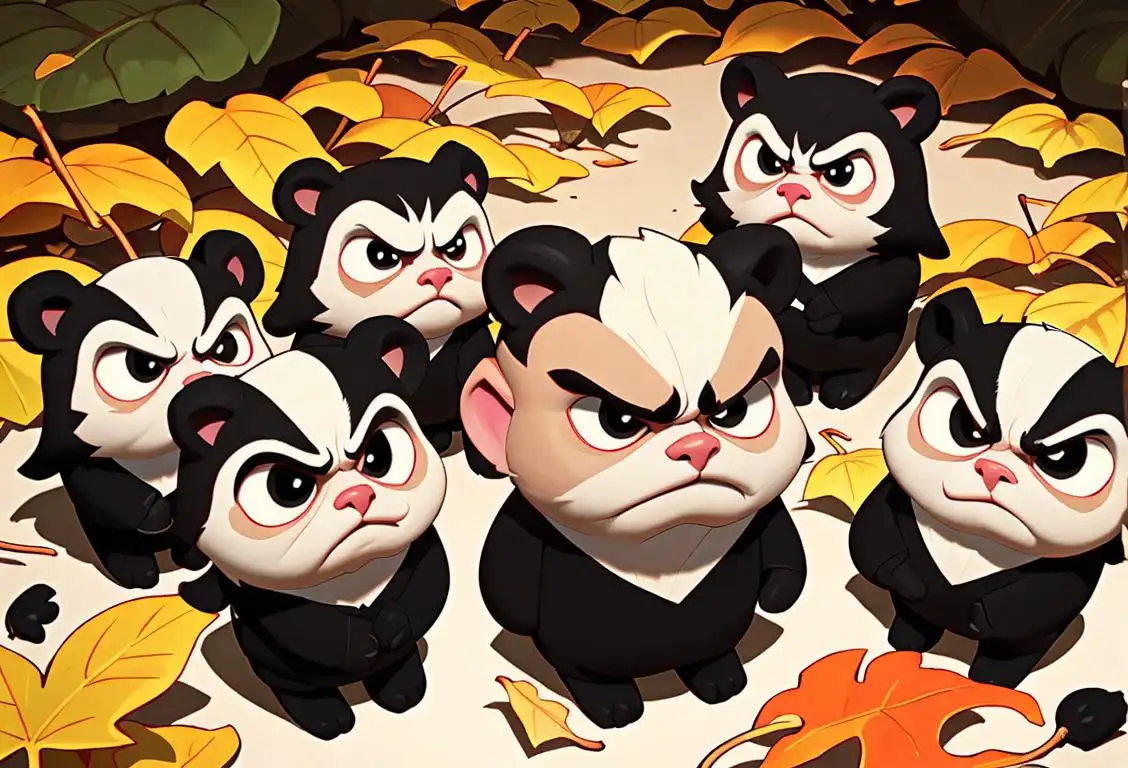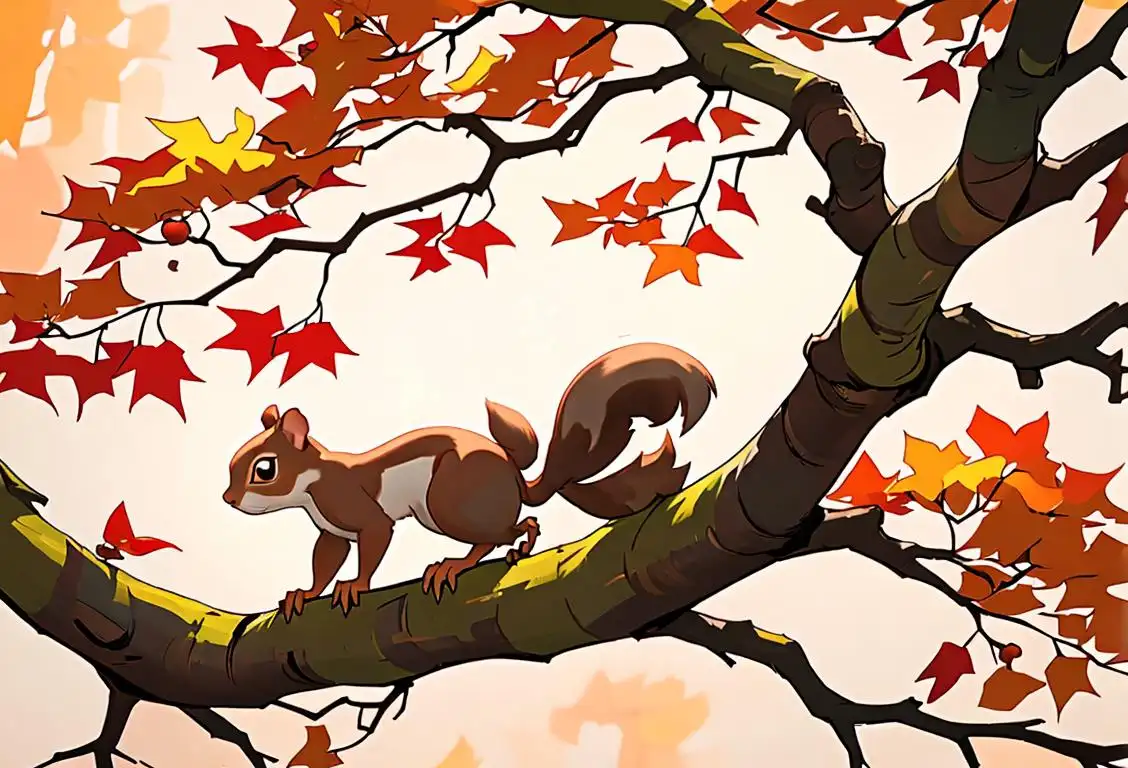National Weed Day
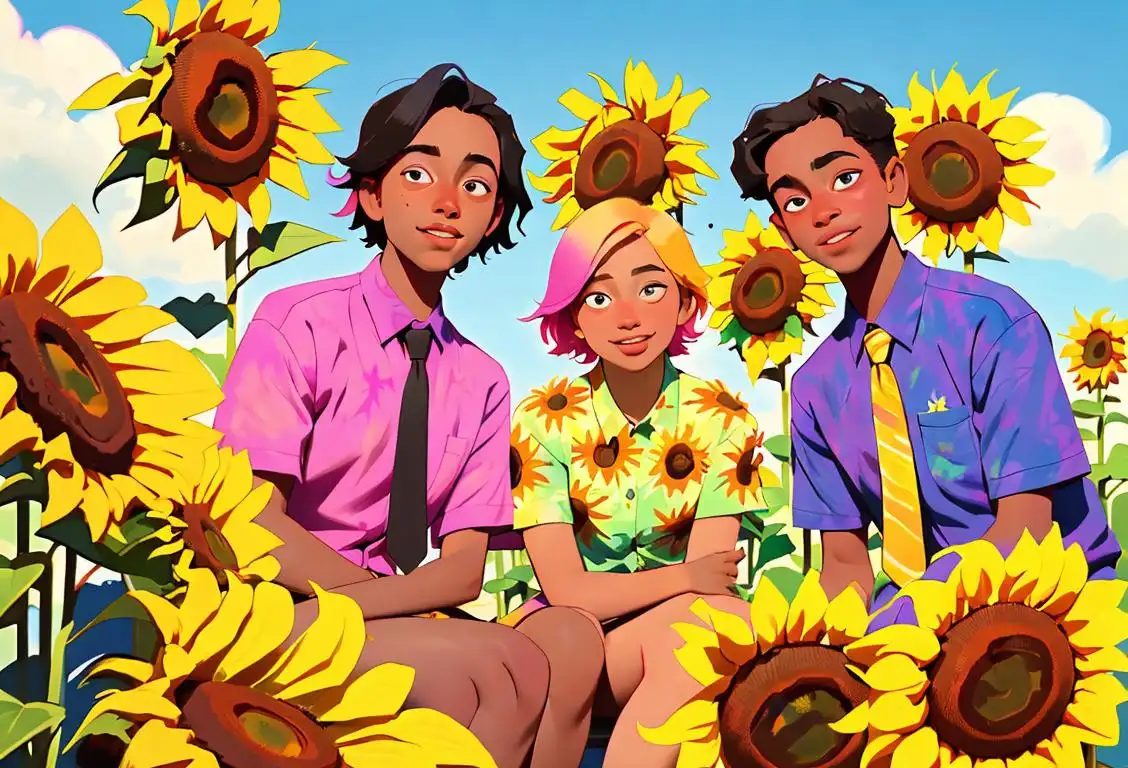
Before you get any wild ideas, let's clarify that National Weed Day doesn't involve any illicit activities. Nope, not talking about that kind of 'weed'. Wondering what all the fuss is about? Buckle up for a frolicking journey into the peculiar, yet oddly amusing world of National Weed Day. Enjoy!
When is Weed Day?
It's national weed day on the 20th April.
Ain’t No Party Like a Garden Party
On the 20th of April each year, green-thumbs across the web come together in a jubilant celebration of 'weeds’. Before you get too excited, remember, we're talking about the garden variety! In the grand garden of the Internet, we counted a whopping 14888 mentions of National Weed Day, with its popularity peaking on April 20, 2015.
The Weed We Love to Hate
In an unusual twist on typical national day celebrations, National Weed Day honors those uninvited guests in our gardens - dandelions, clovers, ivy, the list goes on. Far from being a curse, it’s a day to recognize the tenacity, resilience and occasional beauty of these plants that are too often dismissed as 'weeds'.
Weeding Out the Factoids
Did you know many so-called 'weeds' have useful properties? From natural remedies to edible greens, perhaps it’s time to stop fighting, and start accepting our photosynthesizing invaders. After all, Mother Nature rarely gets it wrong!
United We Stand
We may not all love weeds, but on this annual observance, we're united in an appreciation for nature's tenacity, and the quirky characters in our respective gardens. Love them or loathe them, on National Weed Day, every little sprout gets its chance to shine.
History behind the term 'Weed'
c. 900
Weed as a Verb
The term 'weed' can be traced back to around the 9th century when it was primarily used as a verb. In Old English, 'wǣdan' meant to remove or root out undesirable vegetation. The word gradually evolved over time to encompass the removal of unwanted plants and the act of clearing land.
c. 1300
Weed as a Noun
By the 14th century, 'weed' had also become a noun, referring to any wild, unwanted, or unattractive plant. It was often used to describe plants that grew abundantly and were considered detrimental to crops or gardens. During this time, the term was commonly associated with harmful or invasive plants.
c. 1600
Weed as a Slang Term
In the 17th century, 'weed' began to take on a new meaning. It started to be used as a slang term to refer to any type of plant, including medicinal herbs. This usage of the word paved the way for its association with cannabis in the future.
1920s
Weed as Cannabis
During the 1920s, 'weed' became synonymous with cannabis. This usage was likely influenced by the Mexican Spanish term 'marihuana,' which was introduced to the United States. The word 'weed' quickly gained popularity as a euphemism for cannabis due to its already established association with plants in general.
1960s
Weed as Counterculture Symbol
In the 1960s, 'weed' became a symbol of the counterculture movement. It was embraced by the hippie subculture and associated with rebellion against traditional social norms. The term 'weed' became widely used to refer specifically to cannabis, representing a shift in the understanding and connotation of the word.
Present
Weed as a Legalized Substance
In recent years, 'weed' has undergone further transformation due to increasing legalization of cannabis around the world. The term is now commonly used to describe both the plant and its derivative products, such as marijuana and hemp. 'Weed' has evolved from a verb and a noun associated with undesirable plants, to a slang term for cannabis, and now to a term used in the context of lawful recreational and medicinal use.
Did you know?
Did you know? Dandelions, one of the most common weeds worldwide, can be used to make tea that is said to have medicinal properties.Tagged
awareness fun nature gardens plants NationalWeedDayFirst identified
27th March 2015Most mentioned on
20th April 2015Total mentions
14888Other days
Weed Day
Tree Planting Day
Public Lands Day
Arbor Day
Turtle Day
Badger Day
Squirrel Appreciation Day
Take A Walk In The Park Day
Bat Appreciation Day
Penguin Day
